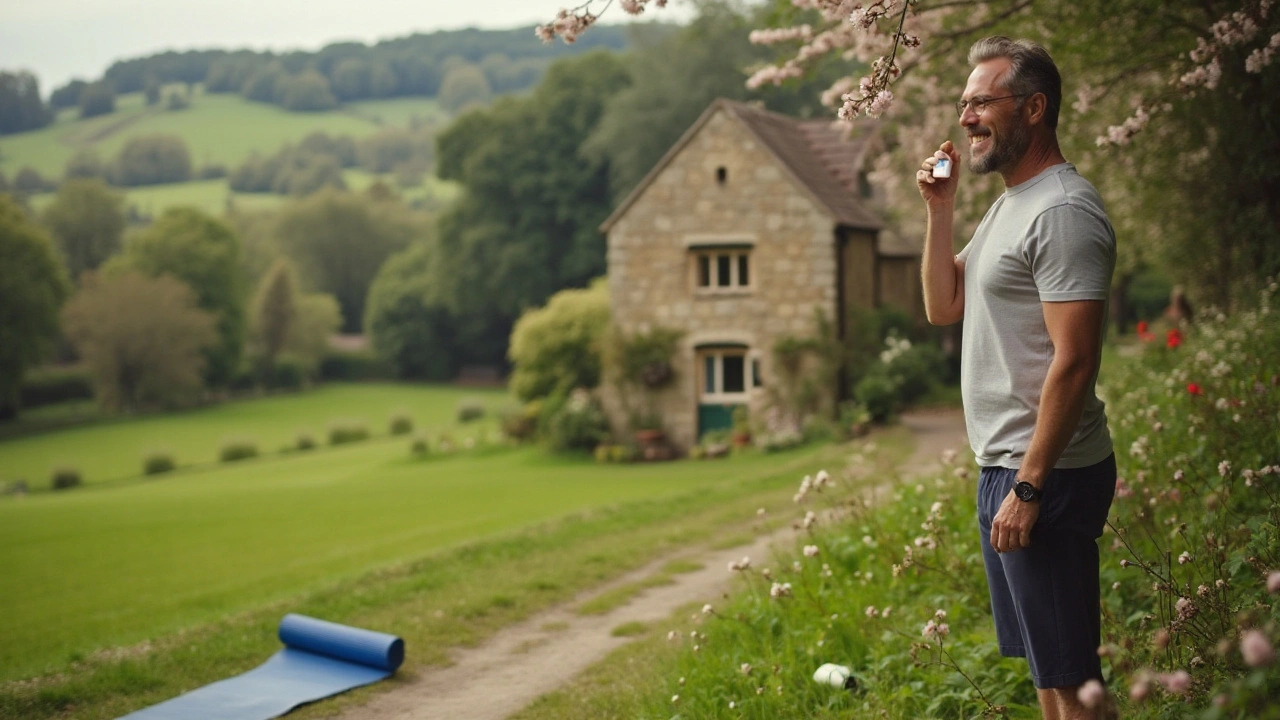Want balance between prescription care and natural habits without guessing? Holistic health means using safe medicine, smart supplements, and daily routines that actually help. Below are clear, usable tips you can try now, plus what to watch for when mixing meds and natural remedies.
Medications save lives, but mistakes happen. Before starting any drug, ask your provider: what is the goal, how long will I take it, and what side effects should I expect? Keep a single list of every prescription and supplement and show it at every appointment. If you buy meds online, pick pharmacies with clear contact info, verified reviews, and proper licensing—avoid vendors that hide details or ask for strange payments. Use discount cards or manufacturer programs when cost is a problem, and compare options so you don’t overpay.
Watch for interactions. For example, switching or stopping PPIs like Nexium needs a plan to avoid rebound heartburn—ask your clinician for a taper schedule. Drugs with narrow safety margins, like clozapine, need regular monitoring; don’t skip blood tests. If a medication isn’t working or causes troubling side effects, talk to your prescriber about alternatives—there are often safer or cheaper options for the same problem.
Supplements can help, but treat them like medicines: start with a low dose and track effects. Popular options on our site—Traveler’s Joy for travel fatigue, Hollyhock for digestion, Hu Zhang for general support, or Cascara for mild bowel help—each has pros and cons. Read product labels, check for third‑party testing, and don’t combine multiple supplements that do the same thing. If you take thyroid meds, brands like Tirosint and NP Thyroid avoid common fillers and may reduce side effects for sensitive people.
Small daily habits add up. Try a short walking routine, regular sleep times, and a simple skin or facial exercise plan if you’re focused on appearance—these are low-risk moves with steady benefits. For infections or antibiotics, know alternatives (for example, when Bactrim isn’t suitable) so treatment stays effective and safe. If you’re managing migraines, learn how rescue meds work so you time doses for best relief.
Think about the planet too: some drugs like clotrimazole can end up in water systems. Dispose of unused medicines at take-back sites or follow pharmacy guidance rather than flushing them. That protects wildlife and reduces pollution.
Want more specific reads? Check posts on safe online buying, medication alternatives, step-down plans for PPIs, and practical supplements—each article gives concrete steps you can use. Start small: one medication checklist, one safe supplement trial, and one daily habit. You’ll notice the difference without needing a complete life overhaul.
